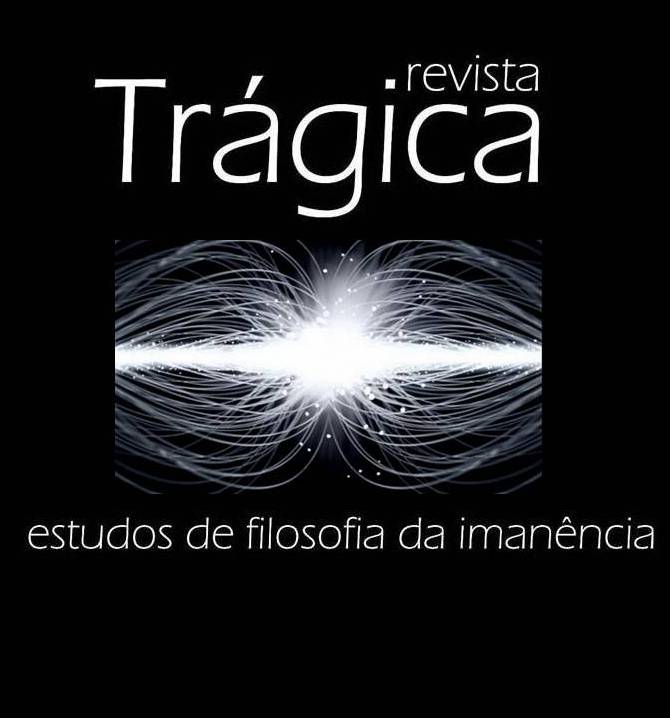CLASTRES: o Mal radical e a Terra sem mal
DOI:
https://doi.org/10.59488/tragica.v9i2.26768Keywords:
Nietzsche, Spinoza, TrágicoAbstract
Para Pierre Clastres, a linguagem do ocidente reduz e limita todas as coisas a sua medida, a medida da identidade e da nãocontradição. O monismo centralizador, que marca a história do pensamento ocidental, constitui na supressão do heterogêneo e das diferenças. A partir do estudo das sociedades indígenas, sociedades sem Estado, Clastres deseja pensar a busca de uma linguagem que não queira dizer o Um, linguagem instituidora da sociedade na medida em que pensa ao mesmo tempo o Um e o outro, juntos. Tal é a busca da Terra sem mal, terra da verdadeira linguagem, distante da linguagem enganosa da identidade unificadora, pois nada do que existe pode ser dito segundo o Um.
For Pierre Clastres, Western language reduces and limits all things to its measure, the measure of identity and of noncontradiction. The centralizing monism which marks the history of Western thought is constituted by the suppression of the heterogeneous and of differences. Using the studies of indigenous, stateless societies, Clastres wanted to reflect about the search for a language which refuses to say the One, a language which founds society in so far as it thinks the One and the other together. Such is the quest for the Land-without-evil, the land of true language, far from the misleading language of unifying identity, for nothing that exists can be talked about according to the One.
Downloads
Published
Issue
Section
License
Authors retain the copyright and grant the journal the right of first publication, with the work simultaneously licensed under the Creative Commons Attribution 4.0 International (CC BY) license. This license allows third parties to remix, adapt, and create from the published work, attributing authorship and initial publication in this journal. Authors are authorized to assume additional contracts separately, for non-exclusive distribution of the version of the work published in this journal (e.g. publishing in an institutional repository, on a personal website, publishing a translation, or as a book chapter), with recognition of authorship and initial publication in this journal.













